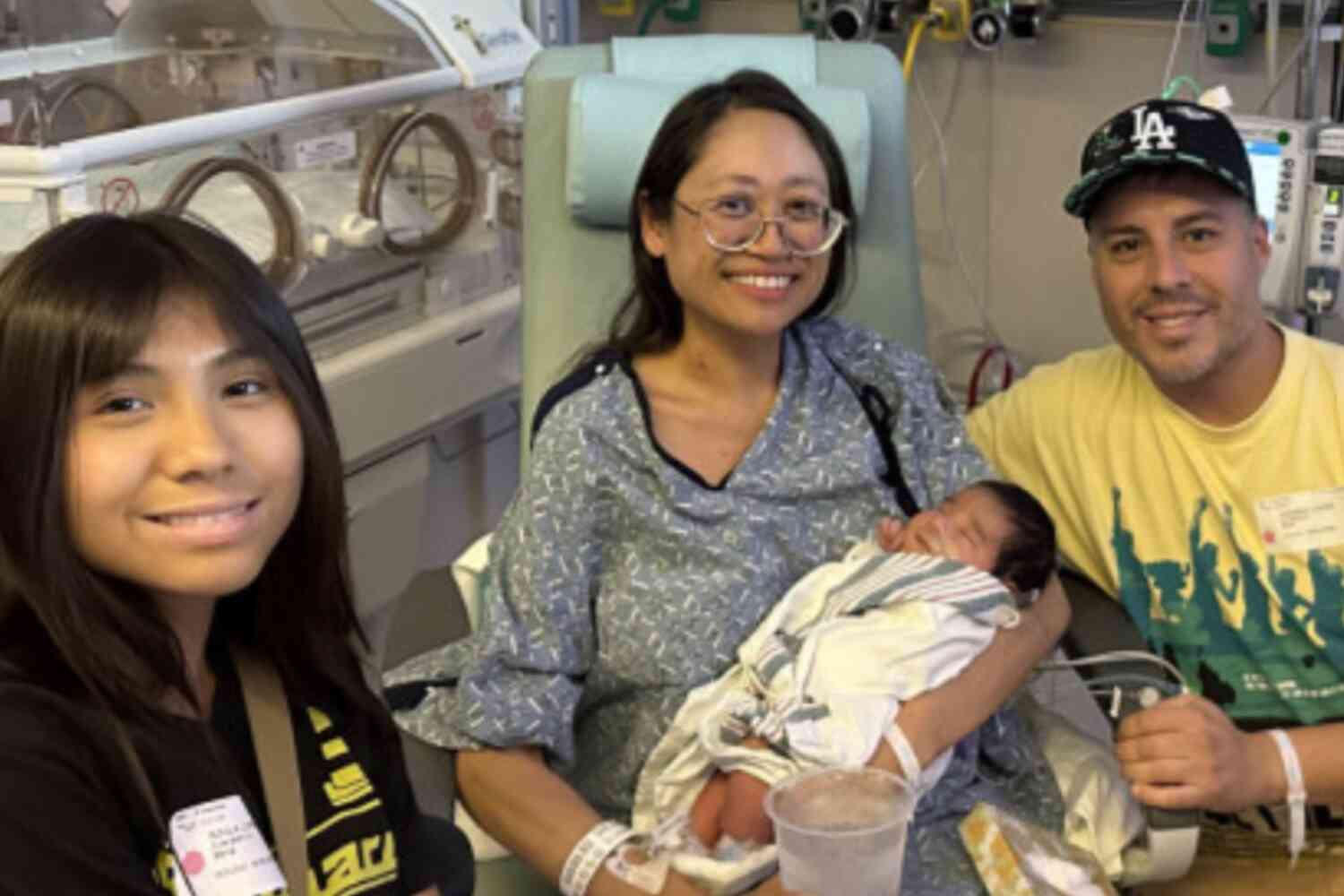It's a heated discussion in my history classroom every year. Shortly after the semester break, I share an excerpt from the classic sociological study by Robert and Helen Lynd, "Middletown." The snippet I use depicts the changes that come to the quintessential American town around the turn of the century, with the introduction of the automobile into daily life.
As nerdy as that sounds, the kids always seem to love it if for no other reason, it's funny to read about real life people freaking out over something as ordinary to us today as a car. I try to help them understand the significance affordable vehicles once had by comparing it to the introduction of something like smart phones into our own world.
I also make it my practice to pit the class against one another when we get to this part of the excerpt:
"In the (eighteen) nineties we were all much more together," said another wife. "People brought chairs and cushions out of the house and sat on the lawn evenings. We rolled out a strip of carpet and put cushions on the porch step to take care of the unlimited overflow of neighbors that dropped by. We'd sit out so all evening. The younger couples perhaps would wander off for half an hour to get a soda but come back to join in the informal singing or listen while somebody strummed a mandolin or guitar."
Before we continue to read how the car interrupted all that, I ask them to raise their hand if they think that sounds like a really cool time to live. Every year I've been reading this excerpt, at least half the class will respond positively. More than one student will usually mention how it reminds them of something you'd see on the Andy Griffith Show. They're not wrong, of course, but I'm usually just too preoccupied with praising them for simply knowing who Andy and Barney are to follow up on their point.
It's a funny thing when it comes to these kinds of experiences. We may not even realize it's happening, but we all tend to idealize the past. For the most part, we see it as a safer, purer, kinder, and simpler time to live. Shows like Andy Griffith reinforce that, even though sociology and honest history tell us it's not really the case. Teenage pregnancy rates were higher, racism was far more prevalent, and raging perverts like Alfred Kinsey were not only permitted to sexually assault children in the name of research, they were celebrated for it.
But while I'm not going to be one waving the flag for any return to the supposedly more idyllic days of poodle skirts and saddle shoes, there are plenty of nuggets from that era that are worth preserving and remembering. Say like that time the aforementioned Andy Griffith knocked it out of the park when it comes to the role of responsible parenting:
That was a truism that was understood long before Andy, and it will be understood long after we're all gone. There is an intellectual, but also an emotional and psychological immaturity that accompanies youth. What young people lack in those arenas, they make up for when it comes to idealism and passion. Adults are often the reverse case.
The dangerous moment we find ourselves in currently, however, is the worst of both worlds. Idealistic and passionate adult activists who themselves have never developed that intellectual, emotional, and psychological maturity. As a consequence, they are still grabbing for those shiny objects – or worse, pushing their kids over the ledge in a vain effort to grab them.
Walking through Disneyland last week, I saw the increasingly familiar sight – a little boy, no more than 6 or 7 – dressed in a Princess Tiana gown, with full make-up. I don't doubt that the boy likes Tiana. I don't doubt that he thinks it would be cool to be a princess. I don't doubt that he isn't that into "standard" boy toys or hobbies. And I don't doubt that the boy even told his mother he wanted to "be" a princess.
But that's where mature adults have to step in and guide. To do so isn't denying the child the opportunity to be their "authentic selves." It's being reasonable enough to affirm that children don't have a clue what "being authentic" even means. They're kids. They're full of contradiction, conflict, and confusion. But with wise and loving adult parents – the best mentors and teachers a child will ever have – they'll figure it out in due time.
Unfortunately, that kind of wisdom is as dated as that black and white television screen. It isn't nearly as hip, trendy, envelope-pushing, cutting edge, and woke as affirming the indiscretions and intemperance of youth. And as a consequence, Andy Griffith put it plainly almost 70 years ago…
We're leaving "behind an awful lot of unscrambling to be done."
P.S. Now check out our latest video 👇
Disclaimer: The opinions expressed in this article are those of the author and do not necessarily reflect the opinions of Not the Bee or any of its affiliates.









